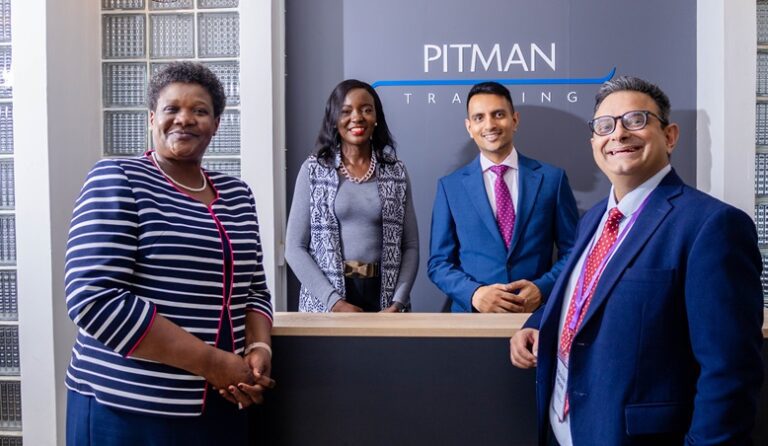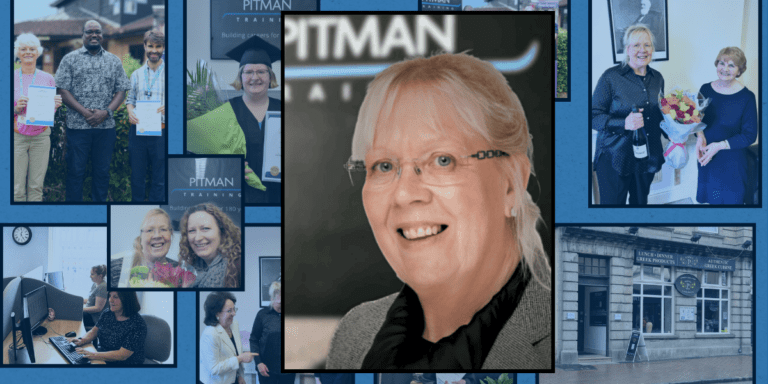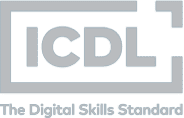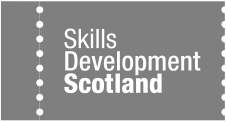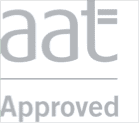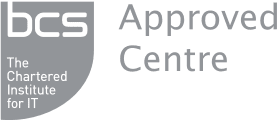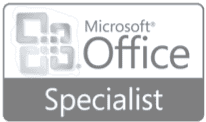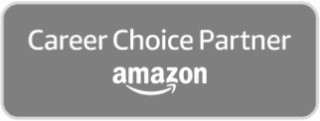It’s not unusual for people to wobble at interviews. But it needn’t be so! The key is preparation, preparation, preparation. And the more you prepare, the more confident and practiced you’ll be. Here are our top tips for feeling at ease during interviews and leaving your future employer with best possible impression.
- Research the company; their values and market. Understand in as much detail as possible who they are, their history, what they do, who their customers are and their products. Be clear why you want to join them. Use the internet, local papers and library to do your research.
- Get under the skin of the job. Read the job advertisement and description in detail. Understand the skills they need and what you would be expected to do. Think about how you could demonstrate you’ve got the skills they are looking for and prepare examples of relevant experience to demonstrate your abilities.
- Strengths and weaknesses. You might think it a bit of a cliché but questions about strengths and weaknesses are common. Think about what you do really well and prepare examples to illustrate your strengths. Consider your weaknesses – demonstrate how you have overcome weaknesses in the past and your potential for development – a willingness to learn and take on new skills.
- Practice – rehearse what you’ll say for certain common interview questions out loud. The more you practice your responses the more natural your responses will come across on the day. When you’ve got some of the standard responses memorised, you will be able to flex what you say to be tailored to the situation.
- Examples and supporting documentation – be organised. Wherever possible provide specific examples to illustrate the points you want to make. Prove to the interviewer that you’ve got what they need by drawing on actual experiences – establish common ground between you and the interviewer through stressing similarities rather than any differences. Along with examples of your work take along a copy of your CV, the advertisement and job specification to have at hand.
- Get the look. Carefully consider how you look and what you wear. Think about the type of organisation you’re applying to – for example if it’s a ‘trendy’ role in a creative industry there’s more room for individuality than in a large, formal corporation but it’s better to be safe than sorry. General advice is to dress one notch above the post you are interviewing for. You can always dress slightly differently at a second interview once you’ve sussed them out.
- Be early. It can take up to 15 minutes to get passes and find the right room. Remember, your interview starts as soon as you step through the door so take a deep breath and walk in tall and calm. Be polite and friendly to the reception staff and use the extra time to read any company literature on display.
- Body language – When you first meet your interviewer smile, be positive. Keep your body language and posture open throughout the interview, try not to slouch or fidget too much.
- Keep your attention in the room – it happens to everyone, every now and then your attention will dip and you’ll have a mini-daydream then wonder what was being said when you re-focus your attention. Try ensure you stay fully focussed on the interview. If you’re unsure of anything, question it or repeat the question for confirmation – this will also give you a bit more time to consider your answer. Keep answers to the point and short – resist the urge to ramble!
- Questions are essential. Have some pre-prepared questions about the role and the company. Better still, if an opportunity for a question crops up during the interview, make a mental note and ask your question at the end. No matter what, do not ask questions about money, holidays, hours etc – these come much later in the process.

